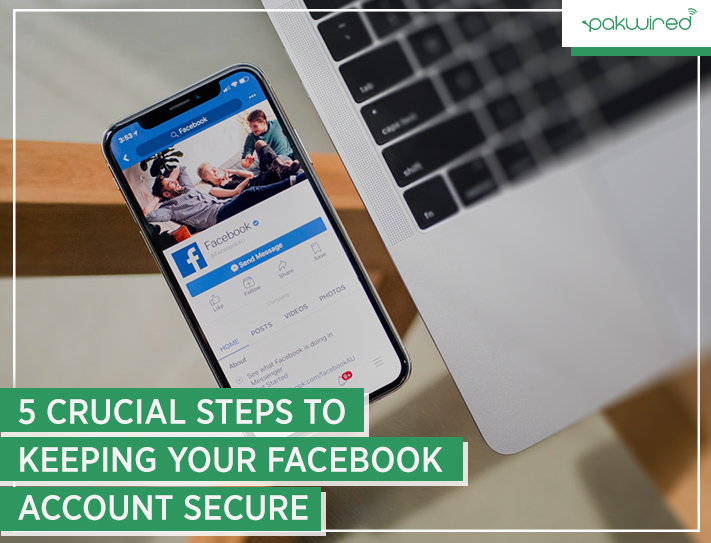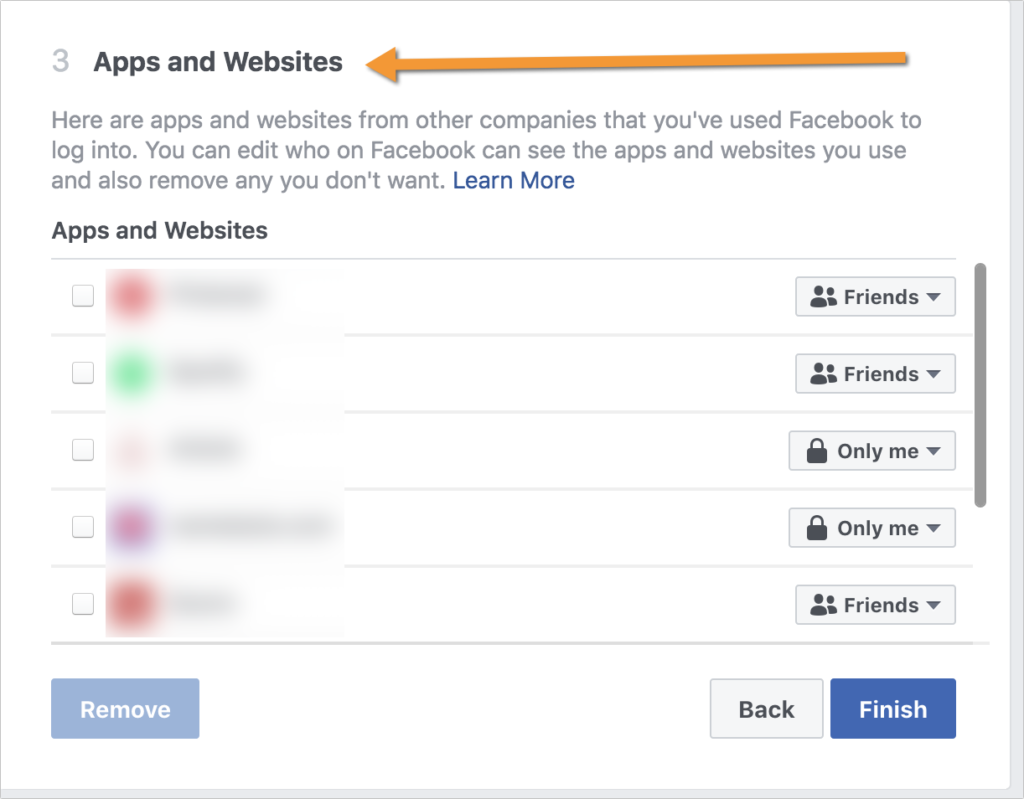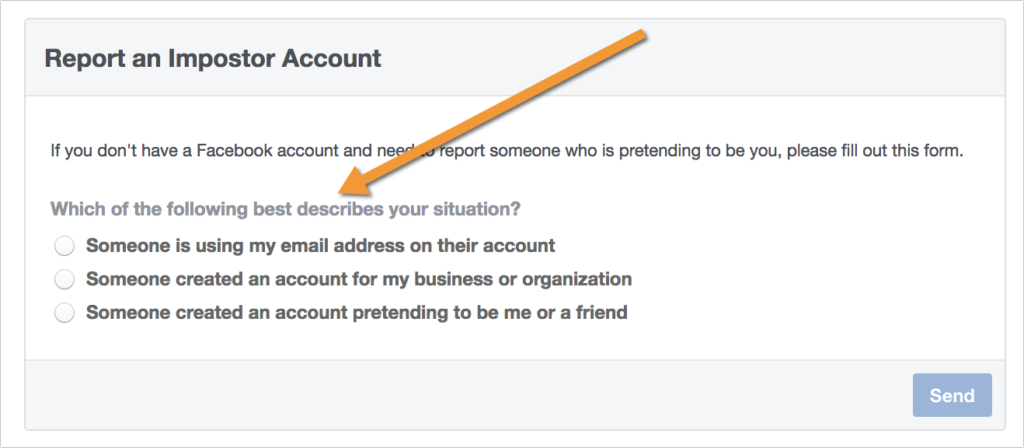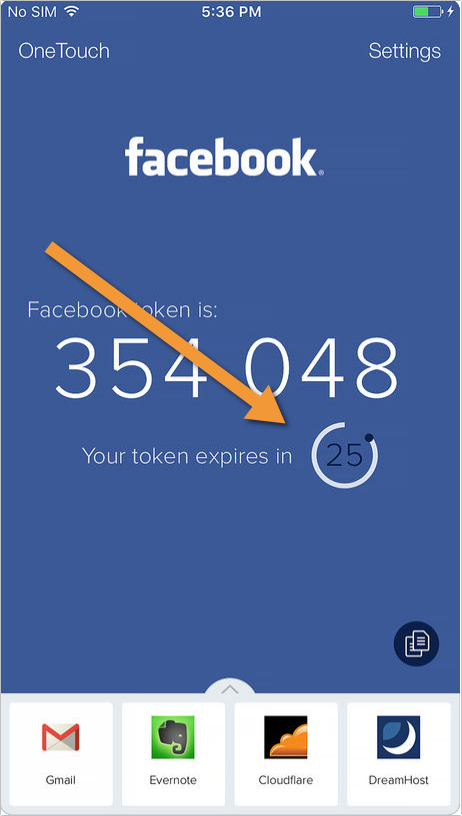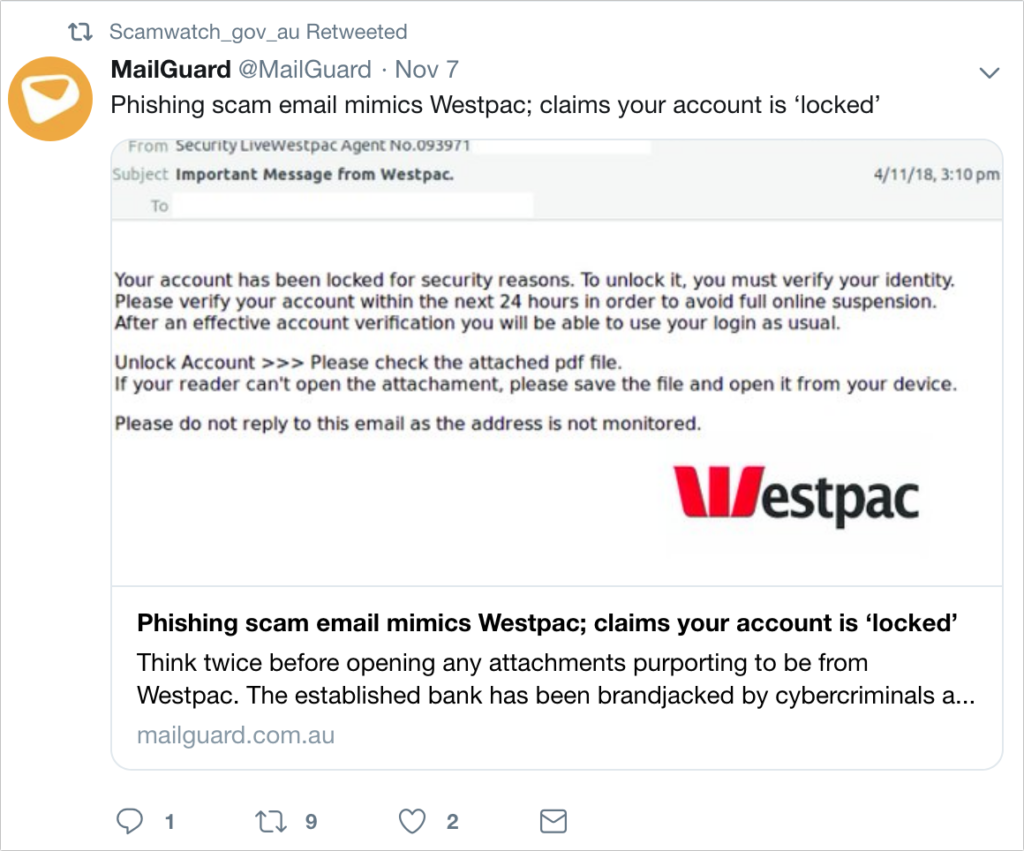I am not going to sit here and try to create a panic about online security. The truth is, you will probably be fine if you use common sense while on the web. No downloading shady virus programs from popups, no clicking on unfamiliar links or email attachments, and no giving your bank account info to whoever is emailing you about millions they want to inexplicably give you.
Follow those guidelines and you will be safe from 80 percent of the evils lurking on the Internet.
And yet, whenever you put your (private) information online, there’s always the risk that it’s going to be stolen. And let me tell you, Facebook has been adding new and new features that make this risk even more scary. Let me just remind you that many people have their bank accounts connected to Facebook now in order to be able to send and receive money from friends.
Cybercrime gets more sophisticated. According to the recent study, cybercrime is going to create over $1.5 trillion in profits in 2018 leaving many businesses bankrupt.
With so much money at stake, it’s no wonder why cybercrime technologies are advancing at such a rate.
You need to take precautions, especially when it comes to Facebook. A favorite hunting ground for scammers in today’s world, you have perhaps the highest risk of being screwed over there than anywhere else outside of Vegas.
These five tips can help you (and your business) from being targeted by scammers on Facebook.
Facebook Security Tip #1 – Know Your Security Settings
In an attempt to keep this article focused, I’ll only include security settings here, even though the multiple privacy settings can still contribute to making your overall Facebook presence more secure (by banning scammers from seeing your photos and private details which could make you an easier target).
There are three Facebook security settings that you always need to be on top of:
1. Choose friends to be your trusted contacts
If you ever get locked out of your account, your friends can help you out. Just nominate 1 more friend to set this up:
2. Get alerts about unrecognized logins
3. Keep an eye on your approved apps
Finally you need to always be on top of apps you allow to access you Facebook account.
- Keep those to minimum
- Never add apps you’ve never heard of:
Facebook Security Tip #2 – Know the Signs
Let’s say you log into your business page and you see a couple of wall messages from followers – or even business connections – with a link. They say they got a free iPod, found the love of their life or are posting nude photos. This is called a phishing scam, and it is the easiest of this incarnation to fall for, and avoid.
If you haven’t clicked on any links knowingly, but you find things being posted by you that you never posted, it is likely you have still been phished. Or someone logged into your account from a public computer or mobile device that you never logged out of. A rookie mistake, but it happens.
Recognizing these signs is half the battle at avoiding or recovering from a phishing attack. Just go into your account settings and change your password, and you should be fine.
Here are basic types of Facebook scams you need to be aware of:
- Fake ads scam: Scammers use false celebrity endorsements to prompt you to buy from them
- Romance scam: Scammers create fake profiles, develop online relationships on Facebook, build trust and then prompt them to share their private data with them
- Military scam: Scammers pretend to be service members to appeal to Facebook users’ sense of patriotism and trick them into buying from them or sharing private information
- Fake profile scam: Scammers impersonate Facebook users’ loved ones and friends to ask for money. Make sure to always report those imposters to Facebook
- Clickbait scam: Scammers use enticing headlines to trick Facebook users into clicking the link
- Grants scam / Free Money scam: Scammers contact Facebook users saying they won a business grant (or a lottery) and prompt them to share their private information in order to receive it. This is one of the oldest types of phishing scam that still works unbelievably well.
Facebook Security Tip #3 – Use Two-Factor Authentication
Worried that if you lose your mobile phone someone will get onto your Facebook page and wreak havoc? This is a real threat for business owners who use social media for professional purposes. Which is why it is a great thing to have an additional layer of security on your mobile device.
The Authy app is the best “authenticator” app available. It generates secure two-step verification tokens on your device.
Two-factor authentication is considered to be the best way to protect your digital life. Instead of only relying on usernames and passwords, with this app you can only access your private accounts after verifying your identity through your device.
Passwords get lost and stolen. Your security tokens are synched between your devices, get updated regularly and allow you. Your security tokens can be anything from answers to secret questions to a fingerprint.
Through the app you can:
- Have all your codes securely backed up, and synced across multiple devices
- Find all your codes on your watch: Quickly access your codes when you need them quickly
- Authenticate securely even when you are offline or in airplane mode.
Facebook Security Tip #4 – Keep Up On New Phishing Scams
When a new phishing scam ends up on the net, there are usually articles by security firms letting you know. It can be a good idea of subscribe to security blogs or even join one of their company pages on Facebook itself.
If you know what it out there, you can better protect yourself by staying a step ahead. This was a lesson many people learned the hard way, after having their Facebook pages hijacked and loaded with hardcore pornography and violent images.
Scam Watch is the Australian Government project that tracks scams worldwide and spreads awareness. On Twitter they also curate scam announcements from elsewhere helping people get informed and hence protected:
Facebook Security Tip #5 – Use Friend Knowledge
One of the easiest ways to keep safe from being scammed is to know your friends list. If there is an unfamiliar link being posted to your wall by someone you know, don’t click it. Send them a direct message, or even text or call them, and ask if they put it up.
If you get a message from a friend who says they need cash, make sure to speak to them on the phone or in person first. This is a newer form of scam being done over Facebook, where people will pretend to be backpacking or on vacation, and stranded. They contact a Facebook friend and ask for help, then take the wired cash and run.
Conclusion
In the end, all it really takes is common sense to stay safe online, and on Facebook in particular. But there are ways to further protect yourself and your business, so use the five easy tips above.


